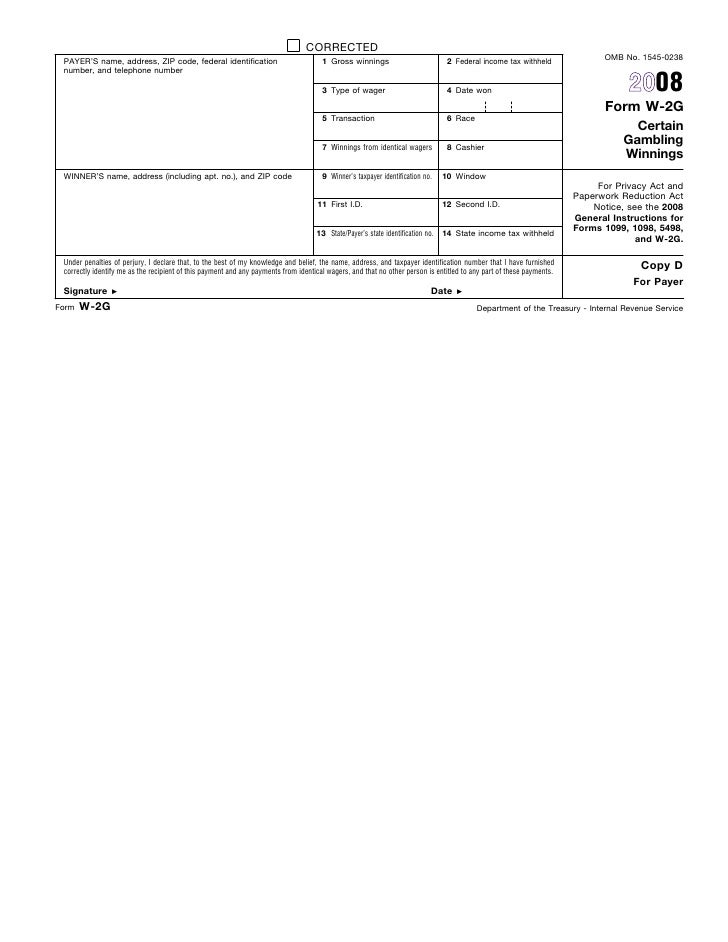Irs Tax Rate For Gambling Winnings
Gambling online and in brick-and-mortar establishments is a leisure activity for some – but for many, gambling is their profession. There is no shortage of professional poker players, sports bettors, bridge players and blackjack players out there making their living through gambling. Knowing about tax-laws and obligations as a gambler is essential, as mistakes can be very costly.
In some countries, gambling is 100% illegal. In countries where it is legal, there are regulations, rules & taxes to consider. In some countries and statres, casinos and betting establishments must obliged to pay tax on their profits, and in some cases, it is up to the individual to declare and pay taxes on their winnings.
International Tax Rates on Gambling Earnings
You must report all gambling winnings as “Other Income” on Form 1040, Schedule 1 (PDF) and attach this to Form 1040 (PDF). HOW TO KNOW YOUR TAX RATE. There is some good news for gamblers in that while all winnings are taxable, the gambling tax law is unlike the income tax law in that the tax rate you owe on your winnings is a flat 25%. The Internal Revenue Service (IRS) states that you need to include all of your income on your tax return. Now, it's a no-brainer that you'll report the income from your job and your freelance work, but what about your lucky night at the casino or the big win from your fantasy football league? Here's everything you need to know about taxes on winnings to file with a clear mind.


The biggest winners in the table are gamblers from the United Kingdom – with an effective tax rate of zero on ALL winnings,. This applies to all types of gambling—including poker, slots and casino games, lotteries, sports-betting & horse racing. Instead, gambling operators must pay taxes, and online gambling site operators must pay UK gambling tax duty.
In the United States, the tax rate owed on gambling winnings is a flat 25%. If you win big in Las Vegas at poker, the casino must withhold the 25% when collect your cashout, and provides you with IRS form W2-G to report your winnings to the government. Find out more on the IRS website.
Laws in Canada treat amateur and professional gamblers very differently for taxation purposes. According to the Income Tax Act, anyone in Canada winning a lottery prize or winning at a game of chance is not subject to income tax on those winnings. … In cases of sports betting, poker, or casino games and slots, winnings are also not liable for taxation – unless you are a professional gambler (as defined by paragraph 40(2)(f) of the Income Tax Act,). If you are , you must declare gambling winnings when you file your taxes and will be charged 26%.
Don’t get Yang-ed
Back in 2007, poker-player Jerry Yang topped 6,358 players at the World Series of Poker Main event, winning $8.25 million.
Irs Gambling Tax Form
On a podcast, Yang admitted to bad financial management paying taxes of just $900,000 in California, and giving along with donations and gifts to family and friends. After bad financial advice he waa left with a huge federal tax bill. Subsequently the IRS seized the his Corum main event bracelet along with other jewelry to be auctioned off to the public in order to pay Yang’s outstanding tax-bill of $571,894.54 !
Gambling Winnings Tax Form
2019 World Series of Poker – Main Event: Final Table Tax-Bill
The 2019 WSOP Main event final table payouts combined to total $30,825,000.
The nine lucky players who cashed on the final table of the 2019 main-event can expect to pay a combined tax bill of $11,972,653 – or around 40% of the total prizepool. You can see from the table above that despite finishing in 7th place, Londoner Nick Marchington walks away with more money in his pocket than 6th place finisher Zhen Cai!

Make sure you know about your tax obligations as a gambler, and manage your money and tax-payments appropriately, because the tax-man always wins!